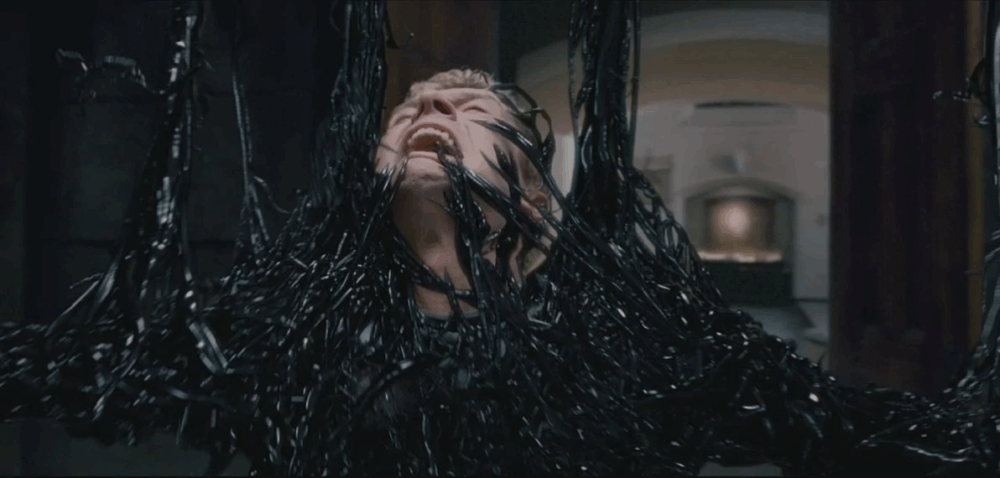Spotlight Exercise: Free Yourself from Painful, Toxic Shame
Based on the work of psychologist Svetlana Bronnikova, from her book “Intuitive Eating”
Shame and guilt are often confused, but these emotions are not even close relatives. A useful definition is that guilt is the feeling that “I made a mistake,” while shame is the sense that “I am a mistake.” Why is shame so agonizing and painful? Because if you made a mistake, you can fix it. But if your very existence is a mistake, the only way to “fix” it is through very destructive means.
So, what can you do? Getting rid of excessive, intrusive, toxic shame—including shame about your body—is not easy. But you can start the process right now with a simple exercise.
Understanding the Nature of Shame
Shame creates a huge gap between your real self—who feels unworthy even of existing—and your ideal self, a kind of Superman and Batman rolled into one. As psychologist Svetlana Bronnikova writes in her book “Intuitive Eating,” shame is a very early childhood experience. It doesn’t recognize shades of gray or accept the idea of being “good enough.” Until you reach perfection, you feel you have no right to exist. Needless to say, this mindset is incredibly destructive.
Shame is often “inherited.” Parents who feel intense shame inevitably project it onto their children. Parents who feel guilt may see themselves as bad parents and try to fix it, but parents infected with toxic shame—especially those who are respected and authoritative in their communities, like school principals or chief doctors—often “place” their shame onto their child. The child picks up on this and feels that something is wrong with them. Over time, this kind of experience can be deeply traumatic and may even lead the child to act out or develop issues like substance abuse. Successful people may not allow themselves to feel their own shame, so the child becomes the “carrier” of family shame. Since shame is so uncomfortable, using drugs can bring relief, a sense of freedom, and even a rational reason to feel “bad.”
Letting go of excessive, intrusive, toxic shame—including body shame—can take a long time and may require extended psychotherapy. But you can begin this journey now with a simple exercise described by Svetlana Bronnikova in her book “Intuitive Eating.”
The “Spotlight” Exercise
Imagine that all the events, actions, or words that have ever made you feel ashamed—either in the past or now—can be brought out under a powerful spotlight and examined closely. When a child is young, it’s hard for them to know what’s good or bad; their parents are the measure of all things.
How to Do the Exercise
- Recall and write down all the things you were criticized for, accused of, or the familiar words that triggered a burning sense of shame. Maybe you were called messy, told you’d end up as a janitor, or accused of lying.
- List each of these episodes, one by one, on a sheet of paper.
- Now, try to understand whose shame you were actually feeling in each episode—your own, or your parents’?
- Ask yourself: How shameful is it really to fall and tear your tights at age five while playing outside? Or was the real issue your parents’ shame about what the neighbors would say—”the child is wearing torn clothes, what kind of mother is that?”
- Was it fair to call you “fat” if, looking at your childhood photos, you see a perfectly normal child—maybe not fragile, but healthy? Or were your parents afraid of being judged by the pediatrician for “overfeeding” you, and felt ashamed in advance?
- Did your parents really expect you to do your homework perfectly and independently at age eight? Or did your school struggles reflect on their parenting, making them feel like they failed?
- In other words, were you really ashamed of these moments—or were your loved ones? Should you have felt ashamed at all?
- Highlight in one color the episodes where the shame was truly your own and deserved, and in another color those where the shame was imposed on you by others.
As a result of this exercise, you may discover that you grew up with very vulnerable people who were terrified of their own shame and passed it on to you, like handing over a hot pan. “It’s not that we’re inexperienced or overwhelmed parents—it’s that our child is messy, stupid, or greedy!” Maybe you’ve come to believe this, too. Now is the time to separate the shame you might have genuinely felt—like lying or stealing as a child, knowing it was wrong—from the shame that was injected into you like a slow-acting poison.



